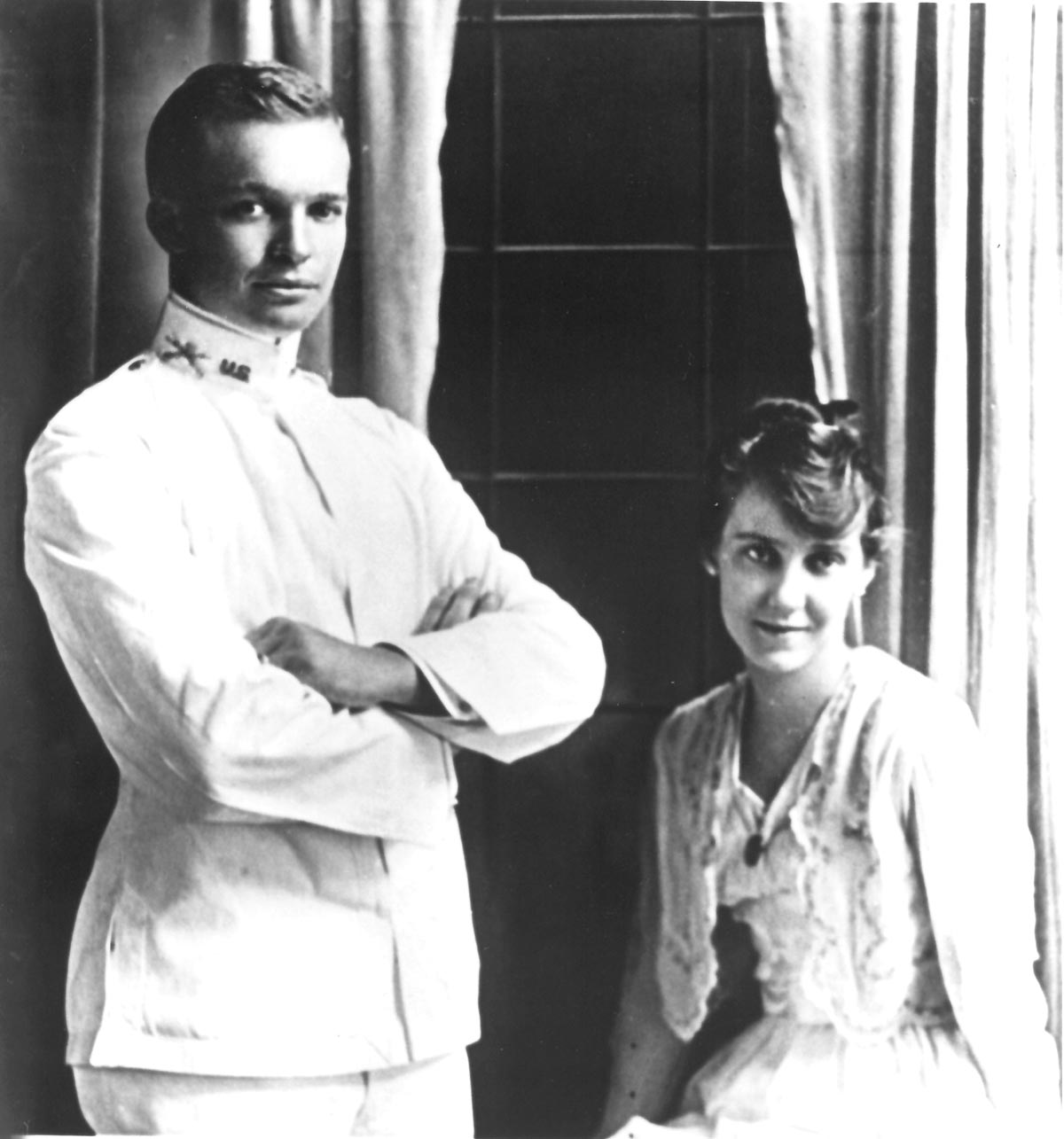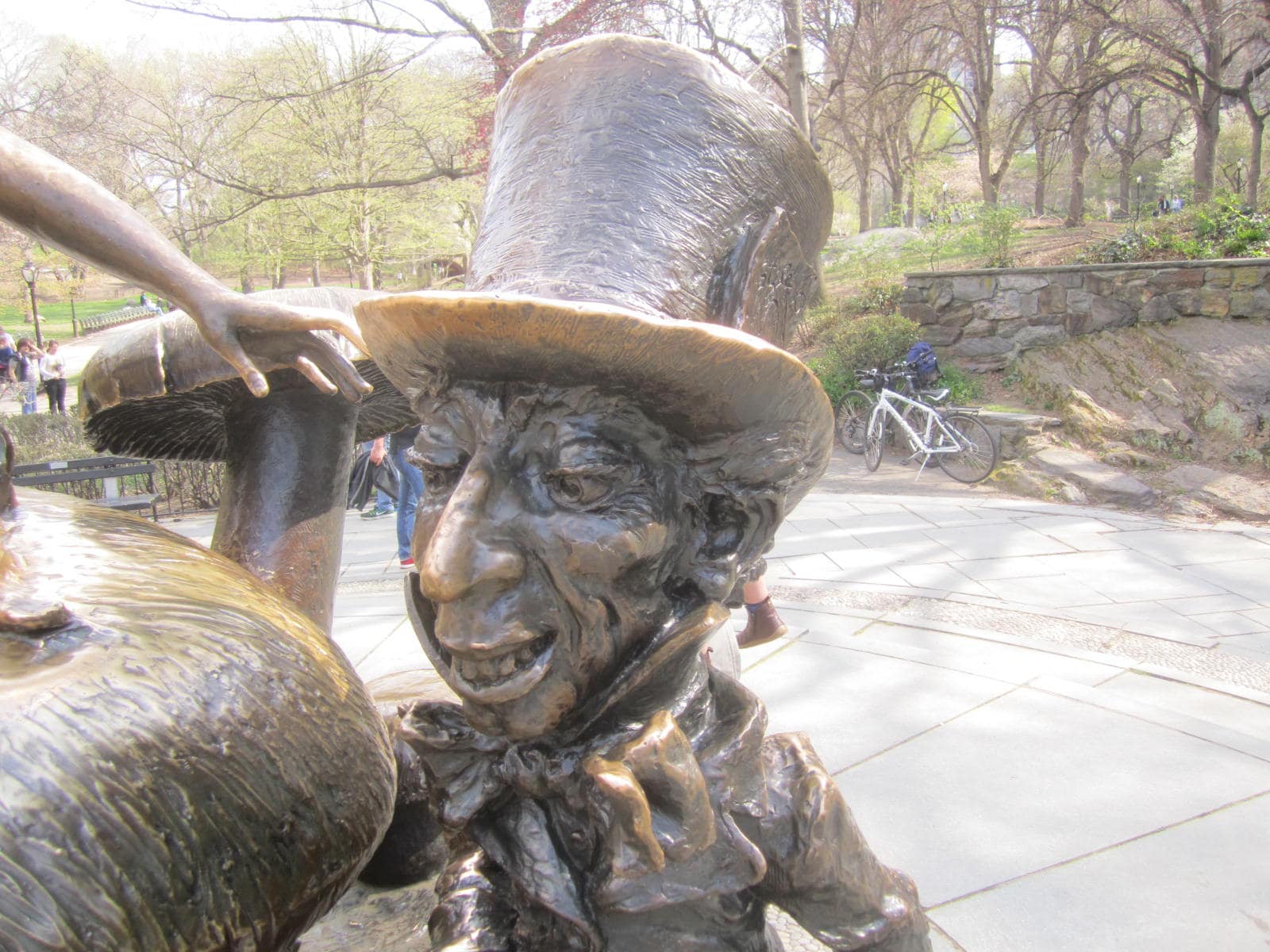Table of Contents
- Introduction
- Biography of Dwight D. Eisenhower
- Early Life and Education
- Military Career and Leadership
- World War II and Supreme Command
- Eisenhower's Presidency and Achievements
- Domestic Policy and Infrastructure Development
- Foreign Policy and Cold War Strategies
- Eisenhower's Enduring Legacy
- Personal Life and Family
- Conclusion and Call to Action
Introduction
Dwight D. Eisenhower, often referred to as "Ike," was one of the most influential figures in American history. As a decorated military leader and the 34th President of the United States, Eisenhower's contributions to both national and global affairs have left an indelible mark on the world. His leadership during World War II and his presidency during the Cold War era shaped the course of modern history. This article delves into the life, career, and legacy of Dwight D. Eisenhower, offering a comprehensive look at his achievements and impact on society.
Born in 1890 in Denison, Texas, Eisenhower grew up in a modest family with a strong sense of duty and discipline. These values would later define his career and leadership style. From his early days in the military to his time in the White House, Eisenhower consistently demonstrated a commitment to public service and strategic thinking. His ability to navigate complex challenges and unite people under a common cause made him a revered figure in American history.
This article will explore Eisenhower's journey from his humble beginnings to his rise as a global leader. We will examine his military achievements, his presidency, and the policies that shaped his era. By the end of this article, you will gain a deeper understanding of why Dwight D. Eisenhower remains a pivotal figure in both American and world history.
Read also:Moviespoint Mkv 300mb A Comprehensive Guide To Downloading Highquality Movies
Biography of Dwight D. Eisenhower
| Full Name | Dwight David Eisenhower |
|---|---|
| Date of Birth | October 14, 1890 |
| Place of Birth | Denison, Texas, USA |
| Date of Death | March 28, 1969 |
| Place of Death | Washington, D.C., USA |
| Spouse | Mamie Geneva Doud |
| Children | John Sheldon Doud Eisenhower |
| Political Affiliation | Republican Party |
| Presidential Term | January 20, 1953 – January 20, 1961 |
Early Life and Education
Dwight D. Eisenhower was born into a family of modest means. His father, David Jacob Eisenhower, worked as a mechanic, while his mother, Ida Elizabeth Stover, was a deeply religious woman who instilled strong moral values in her children. The family later moved to Abilene, Kansas, where Eisenhower spent most of his childhood.
Eisenhower excelled in academics and athletics during his school years. He attended Abilene High School, where he was an active participant in sports and demonstrated leadership qualities. Despite financial constraints, Eisenhower earned a spot at the United States Military Academy at West Point in 1911. His decision to join the military was influenced by his desire for a free education and his interest in leadership.
Key Achievements During Education
- Graduated from West Point in 1915 as part of the "Class of the Stars."
- Developed a reputation for strategic thinking and teamwork.
- Excelled in football, which honed his discipline and leadership skills.
Military Career and Leadership
After graduating from West Point, Eisenhower began his military career as a second lieutenant. His early assignments included roles in infantry and tank units, where he gained valuable experience in leadership and logistics. However, it was during World War II that Eisenhower's leadership truly shone.
Eisenhower's ability to coordinate large-scale operations and unite diverse groups under a common mission earned him the role of Supreme Allied Commander in Europe. His leadership during the D-Day invasion of Normandy in 1944 is widely regarded as one of the most significant military achievements in history.
Notable Military Achievements
- Led the Allied forces to victory in Europe during World War II.
- Planned and executed Operation Overlord, the D-Day invasion.
- Established the North Atlantic Treaty Organization (NATO) as its first Supreme Commander.
World War II and Supreme Command
Eisenhower's role in World War II was pivotal to the Allied victory. As Supreme Commander of the Allied Expeditionary Force, he was responsible for planning and executing the invasion of Nazi-occupied Europe. His ability to collaborate with leaders from different nations, including Winston Churchill and Charles de Gaulle, showcased his diplomatic skills.
The success of D-Day on June 6, 1944, marked a turning point in the war. Eisenhower's meticulous planning and ability to inspire confidence among his troops were key factors in the operation's success. His leadership extended beyond the battlefield, as he worked tirelessly to maintain morale and unity among the Allied forces.
Read also:Kevin Dias Unveiling The Journey Of A Rising Star
Impact of Eisenhower's Leadership
- Facilitated cooperation among Allied nations.
- Ensured the success of critical military operations.
- Demonstrated exceptional strategic and diplomatic skills.
Eisenhower's Presidency and Achievements
After his military career, Eisenhower entered politics and was elected as the 34th President of the United States in 1952. His presidency was marked by significant domestic and foreign policy achievements. Eisenhower's leadership style emphasized moderation, bipartisanship, and long-term planning.
One of his most notable achievements was the creation of the Interstate Highway System in 1956. This infrastructure project revolutionized transportation in the United States and remains a cornerstone of the nation's economy. Eisenhower also played a crucial role in ending the Korean War and promoting peaceful coexistence during the Cold War.
Key Presidential Initiatives
- Established the Interstate Highway System.
- Ended the Korean War through negotiations.
- Advocated for civil rights and desegregation.
Domestic Policy and Infrastructure Development
Eisenhower's domestic policies focused on economic growth, infrastructure development, and social progress. His administration prioritized the construction of the Interstate Highway System, which connected cities and facilitated commerce. This initiative not only improved transportation but also created millions of jobs and stimulated economic activity.
On the social front, Eisenhower supported civil rights initiatives, including the desegregation of schools. His administration enforced the Supreme Court's decision in Brown v. Board of Education, which declared racial segregation in public schools unconstitutional. Although progress was slow, Eisenhower's efforts laid the groundwork for future civil rights advancements.
Impact of Domestic Policies
- Boosted economic growth through infrastructure development.
- Promoted civil rights and equality.
- Strengthened national security and defense capabilities.
Foreign Policy and Cold War Strategies
Eisenhower's foreign policy was shaped by the challenges of the Cold War. He adopted a strategy of containment to prevent the spread of communism while avoiding direct military conflict with the Soviet Union. His administration focused on strengthening alliances, promoting economic development, and investing in nuclear deterrence.
One of Eisenhower's notable achievements was the Eisenhower Doctrine, which pledged U.S. support to Middle Eastern countries resisting communist influence. He also played a key role in defusing tensions during the Suez Crisis of 1956, demonstrating his commitment to global peace and stability.
Key Foreign Policy Milestones
- Implemented the Eisenhower Doctrine to counter communism.
- Resolved the Suez Crisis through diplomatic efforts.
- Strengthened NATO and other international alliances.
Eisenhower's Enduring Legacy
Dwight D. Eisenhower's legacy extends far beyond his military and political achievements. He is remembered as a leader who prioritized unity, moderation, and long-term planning. His ability to navigate complex challenges and inspire confidence made him a respected figure both domestically and internationally.
Eisenhower's contributions to infrastructure, civil rights, and foreign policy continue to influence modern society. The Interstate Highway System remains a vital part of the U.S. economy, while his efforts to promote peace and stability during the Cold War set a precedent for future leaders. His leadership style, characterized by collaboration and pragmatism, serves as a model for effective governance.
Why Eisenhower's Legacy Matters
- Inspires leaders to prioritize unity and cooperation.
- Demonstrates the importance of long-term planning.
- Highlights the value of moderation and bipartisanship.
Personal Life and Family
Beyond his public achievements, Eisenhower's personal life was marked by dedication to his family and values. He married Mamie Geneva Doud in 1916, and the couple had two sons, one of whom, John Sheldon Doud Eisenhower, followed in his father's footsteps by serving in the military and pursuing a career in public service.
Eisenhower's hobbies included golf, reading, and painting. These activities provided him with a sense of relaxation and balance amidst the demands of leadership. His love for painting, in particular, became a source of personal fulfillment and a way to express his creativity.
Key Aspects of Eisenhower's Personal Life
- Married to Mamie Geneva Doud for 53 years.
- Enjoyed hobbies such as golf and painting.
- Maintained strong family values and traditions.
Conclusion and Call to Action
Dwight D. Eisenhower's life and career serve as a testament to the power of leadership, vision, and dedication. From his humble beginnings in Kansas to his role as a global leader, Eisenhower's journey is a source of inspiration for generations. His contributions to military strategy, infrastructure development, and international diplomacy continue to shape the world we live in today.
We encourage you to share your thoughts about Eisenhower's legacy in the comments section below. Did his leadership style resonate with you? How do you think his policies have influenced modern society? Additionally, feel free to explore other articles on our site to learn more about influential historical figures and their impact on the world.

